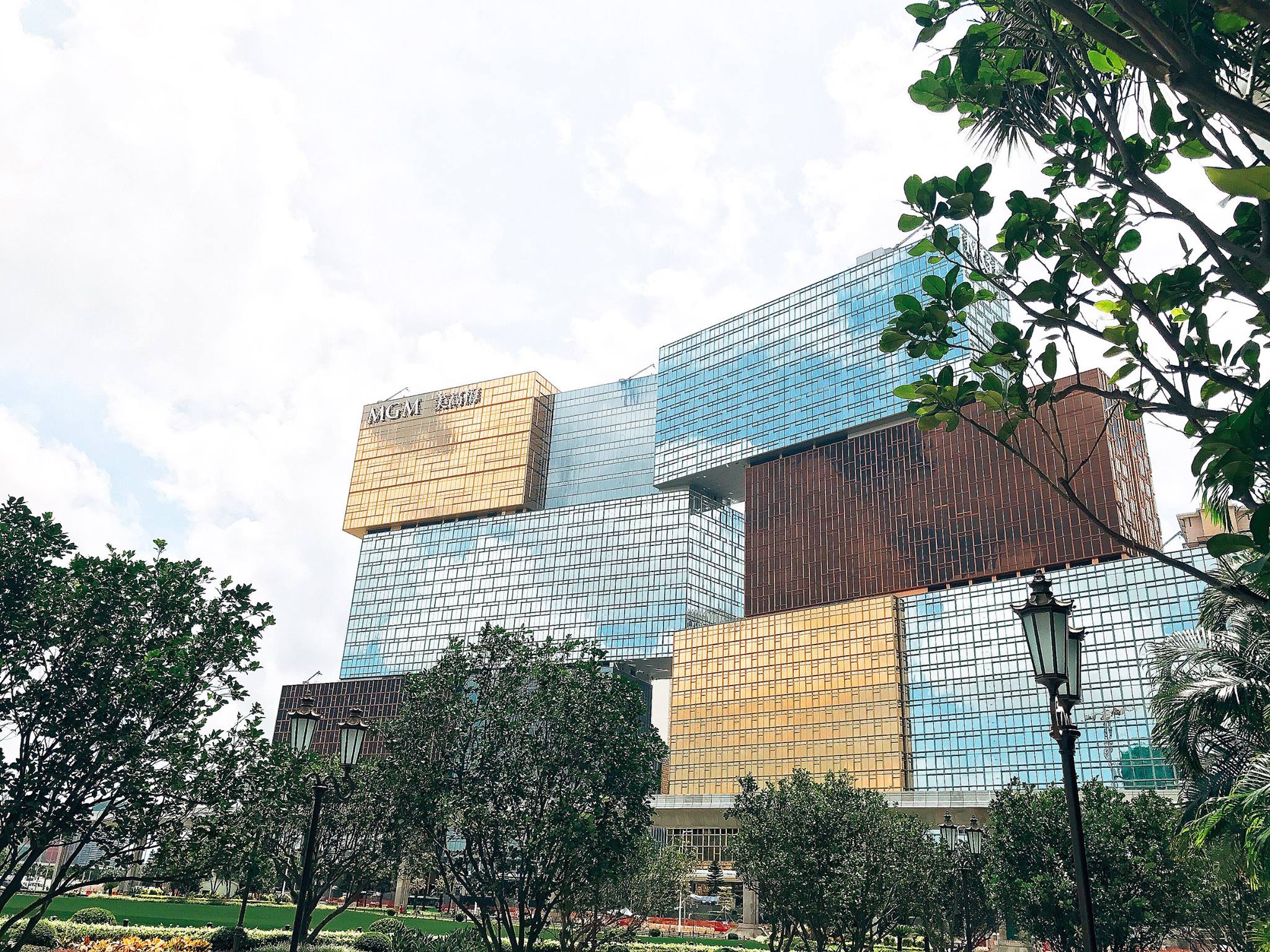MGM Cotai Focuses on Mass Market, Set to Open Without VIP Tables
Posted on: October 15, 2017, 02:00h.
Last updated on: October 15, 2017, 08:16h.
MGM Cotai will open next year after being delayed from the fourth quarter due to August’s Typhoon Hato that caused nearly $2 billion in damages to infrastructure throughout Macau.

When it does finally welcome its first guests in 2018, the casino resort will focus on more of the mass market than the high roller VIP, according to MGM China CEO Grant Bowie.
MGM Resorts, the US-based parent company to MGM China, is missing out on the Cotai boom that was first developed by rival Sands China, Las Vegas Sands’ Asian operating company. Macau’s version of the Las Vegas Strip, Cotai has quickly become the luxurious hotspot in the special gaming enclave, drawing the high rollers away from the downtown area where older properties such as MGM Macau are located.
Bowie believes MGM Cotai will be able to make up for lost time by focusing on a wider demographic.
Speaking with reporters at the opening ceremony of MGM’s ninth annual Oktoberfest, Bowie said of the Cotai property’s delay, “We have to live with what the situation is.” He added that the $3.3 billion integrated casino resort is dedicated to providing an array of attractions and entertainment to appeal to the largest number of leisure travelers and businesspersons.
For Now, No VIPs
MGM Cotai is slated to open its doors on January 29, 2018. The first guests through won’t find VIP rooms.
Bowie explained that demo won’t be the primary customer MGM relies on to generate revenue to warrant the company’s $3.3 billion investment. He admits, however, that rooms and tables might eventually become a part of the casino space.
Asked whether any VIP junket companies have reached out to MGM in hopes of acquiring high roller rooms, Bowie answered, “Nearly all of the significant operators that we know. We certainly will be opening with only mass tables but … as we build up the property, we would expect that in time we will have junket operators.”
Modern Macau
Since billionaire Stanley Ho lost his monopoly on gambling in Macau in 2002, and five additional licenses were issued to Las Vegas Sands, MGM, Wynn, Melco, and Galaxy, Macau has primarily been a rich man’s paradise. It’s also been an avenue for China’s mainlanders to funnel money through in order to lessen their tax burdens in the communist nation.
VIP junket operators provide clever schemes for customers to purchase expensive travel packages on the mainland, and then be awarded nearly identical amounts of “free” gambling credit in Macau. After more than 400 years of Portuguese rule, Macau became a special administrative region of China in 1999 under the conditions that it would be a financial tax haven with its own currency, and both residents and non-residents would benefit from ultra-low taxes.
People’s Republic President Xi Jinping began cracking down on junket companies in 2014 as part of his anti-corruption crusade. The embargo led to the closure of many VIP operators, and resulted in gaming win plummeting by over $16 billion in just two years.
Casino resorts, with billions invested in their properties, began diversifying and looking to more of the general population to fuel their bottom lines.
No comments yet